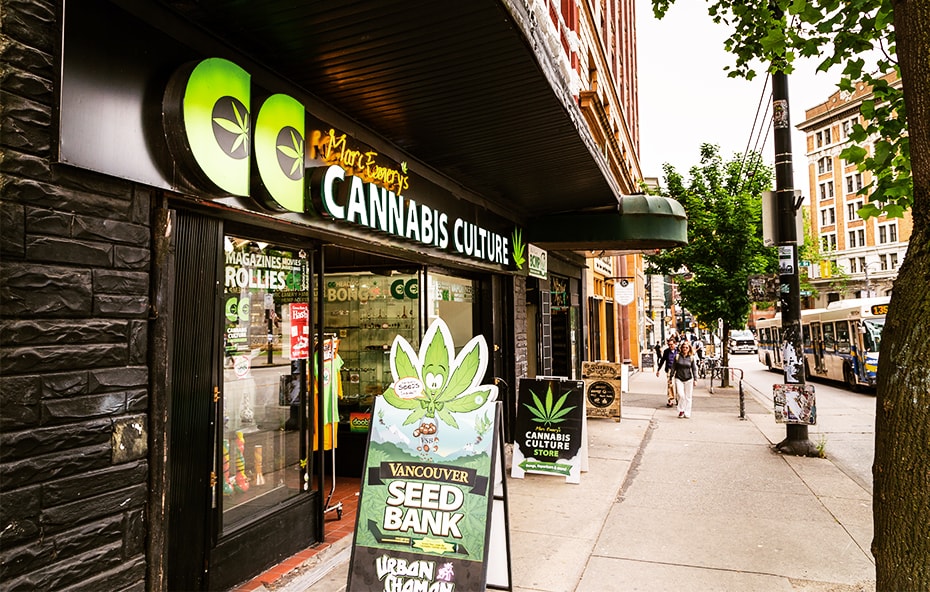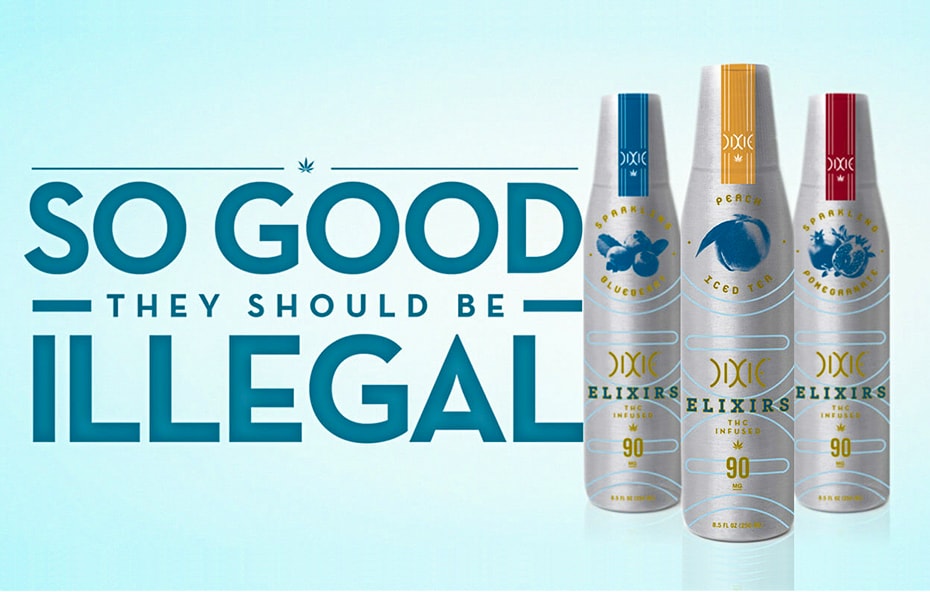Despite the spread of marijuana dispensaries throughout Vancouver, only seven currently hold licenses from the municipal government. With recreational legalization in several American states, and Trudeau having recently kicked off the legalization process in Canada, it seems inevitable that licensed dispensaries will become as widespread as liquor stores. This means that dispensary branding will become an important marketing field.
While stigma about the dangers of the drug have been decreased, social stigma about dispensaries, and smokers, remains. Some basic branding has been done for products, but there is an almost total lack of strategic dispensary branding in Vancouver. With so many unlicensed dispensaries existing in this grey area, perhaps the best way to be treated as a real business, is to frame yourself as one, through dispensary branding.
Why Dispensary Branding is Necessary
Imagine a pot smoker. However the details play out in your mind, I assume most of the characteristics are undesirable. Whether or not this stereotyping is fair is irrelevant, because this is what drives the attitudes of consumers. Now imagine walking past a dispensary. From experience, I know there will likely be tinted windows, mostly empty space in a store stocking a few strains and some smoking paraphernalia, and a secretive atmosphere.

These are both massive issues facing the marijuana industry, especially if dispensaries are looking to expand beyond the current customer base. If marijuana is to become a mainstream good like alcohol, it must attract new users, especially in older demographics. This will require a substantial reduction in the social stigma. Since these unlicensed dispensaries cannot control the legality of their business, they must assert themselves through dispensary branding, to show their eagerness for building a brand and reputation.
How Dispensary Branding Can Help
To see how dispensary branding can address these image problems, let’s take a look at the alcohol industry, and how it markets against undesirable perceptions.
Alcohol has its own negative social castes, like the sad drunks portrayed in movies and on TV, but these rarely come to mind when you think of beer or whiskey drinkers. Much more common are the fun-loving young people at beaches and ski hills in Kokanee ads, or the sophisticated men sipping Crown Royal.
This type of rebrand is exactly what marijuana needs. If, instead of a dreadlocked burnout reeking of pungent smoke, people thought of a couple sharing a THC-infused lemonade on a summer afternoon, or a suburban mom relaxing with her fashionable vaporizer, pot would become far more inviting for these important demographics.

Storefronts must also become more inviting, so that people on the street feel comfortable popping in, and aren’t worried about being seen in the store. While many dispensaries have based their identity around providing medicinal care, scepticism has built up in the general public, due to a lack of regulation of the doctors who can prescribe THC-based medicine. By establishing an inviting and transparent street front with a legitimate doctor base, any dispensary could gain credibility with both local government and the public.
Bringing a Corporate Edge To Dispensary Branding
People are simply desensitized to alcohol, bars and liquor stores in a way that dispensary owners must acknowledge. In order to achieve a similar effect with marijuana, a concentrated dispensary branding campaign is necessary.
The names of most of these dispensaries are deeply rooted in the counterculture in which they have existed. While there is an understandable nostalgia for this past, the legitimization of the industry will involve breaking from it, and assimilating into the mainstream. Brands in America, such as Denver’s Dixie Elixirs, have done so, offering a range of more consumer-friendly products, under a corporate brand.

Design professionals are aware of the necessary steps to revitalizing stale dispensary brands. Many marijuana advocates have invested huge amounts of effort into decreasing the stigma around their product. However, in order to truly capitalize on this, they need to show not only why they should be allowed to sell it, but also why you should buy it, and buy it from them.


